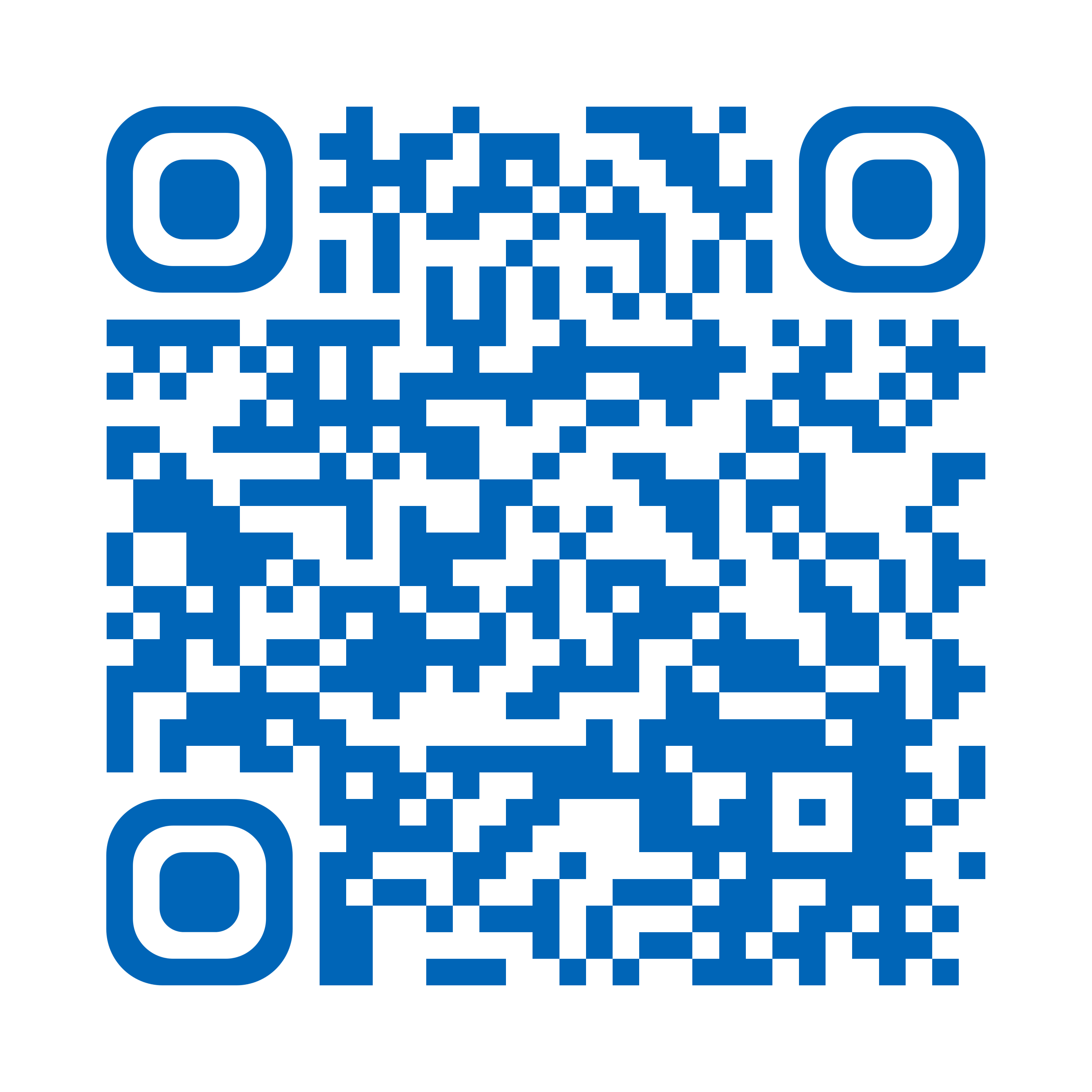- Reference Number: HEY986/2020
- Departments: Emergency Department, Paediatrics
- Last Updated: 31 March 2020
Introduction
This leaflet has been produced to give you general information about your child’s condition. Most of your questions should be answered by this leaflet. It is not intended to replace the discussion between you and your doctor, but may act as a starting point for discussion. If after reading it you have any concerns or require further explanation, please discuss this with a member of the healthcare team caring for you.
Remember:
- Never refer to medicines as ‘sweets’, even when encouraging children to take them.
- Take your own medication out of sight of your children to prevent imitation.
- Only buy medicines that come in child-resistant containers.
- Keep ashtrays and waste baskets empty.
Things to do at home
Use this leaflet as a checklist of things to do when you get home:
- Lock all the medicines in an out-of-reach cupboard.
- Safely throw away your out-of-date medicines or medicines you no longer need (or return them to the chemist/pharmacy)
- Get rid of toxic plants
Keep the following locked away and/or out of reach of children:
- Alcohol
- Perfume, cosmetics
- Detergent, bleach
- Turpentine, paints
- Weed killers
- Nicotine liquid
If you suspect your child has swallowed something:
- Call 999 if they are having trouble breathing, are making strange sounds, have changed colour or have become unconscious
- If none of these things – call 111
More information
For more information about safety in the home, see www.rospa.com/home-safety
General Advice and Consent
Most of your questions should have been answered by this leaflet, but remember that this is only a starting point for discussion with the healthcare team.
Consent to treatment
Before any doctor, nurse or therapist examines or treats your child, they must seek your consent or permission. In order to make a decision, you need to have information from health professionals about the treatment or investigation which is being offered to your child. You should always ask them more questions if you do not understand or if you want more information.
The information you receive should be about your child’s condition, the alternatives available for your child, and whether it carries risks as well as the benefits. What is important is that your consent is genuine or valid. That means:
- you must be able to give your consent
- you must be given enough information to enable you to make a decision
- you must be acting under your own free will and not under the strong influence of another person
Information about your child
We collect and use your child’s information to provide your child with care and treatment. As part of your child’s care, information about your child will be shared between members of a healthcare team, some of whom you may not meet. Your child’s information may also be used to help train staff, to check the quality of our care, to manage and plan the health service, and to help with research. Wherever possible we use anonymous data.
We may pass on relevant information to other health organisations that provide your child with care. All information is treated as strictly confidential and is not given to anyone who does not need it. If you have any concerns please ask your child’s doctor, or the person caring for your child.
Under the General Data Protection Regulation and the Data Protection Act 2018 we are responsible for maintaining the confidentiality of any information we hold about your child. For further information visit the following page: Confidential Information about You.
If you need information about your child’s (or a child you care for) health and wellbeing and their care and treatment in a different format, such as large print, braille or audio, due to disability, impairment or sensory loss, please advise a member of staff and this can be arranged.

